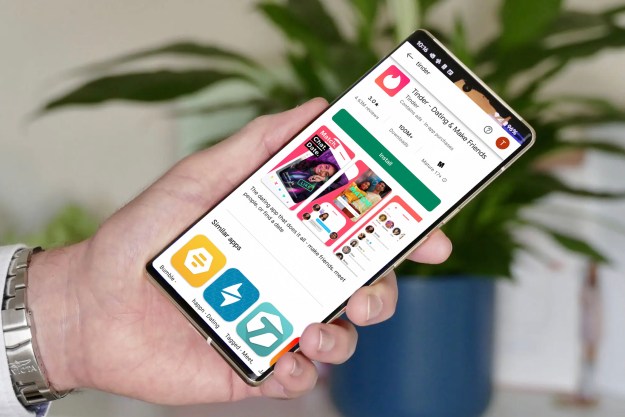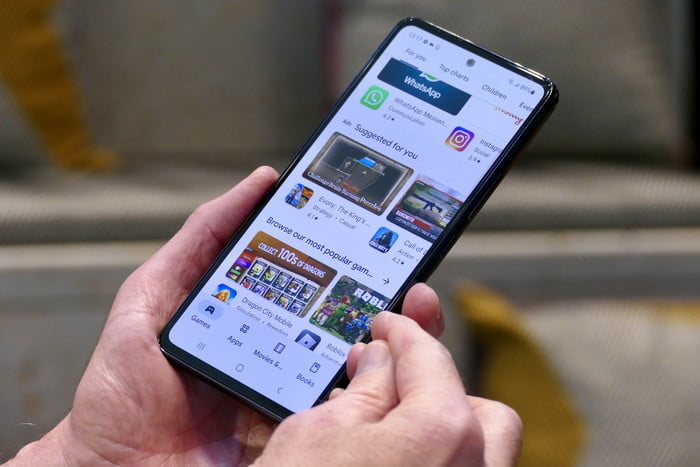
If you think your Tuesday is off to a rough start, at least you aren’t Google. In the wee hours of the morning on Tuesday, December 19, Google confirmed that it’s paying $700 million as part of a settlement regarding antitrust concerns around the Google Play Store.
In July 2021, over 30 states (plus Washington, D.C.) filed a lawsuit against Google over its business practices related to the Google Play Store on Android. Specifically, the lawsuit targeted fees Google charges developers to use the Play Store — and the alleged lack of competition the Play Store allows. Google settled the lawsuit this past September, and now Google has announced the details of that settlement.
Google’s paying you $630 million … kind of
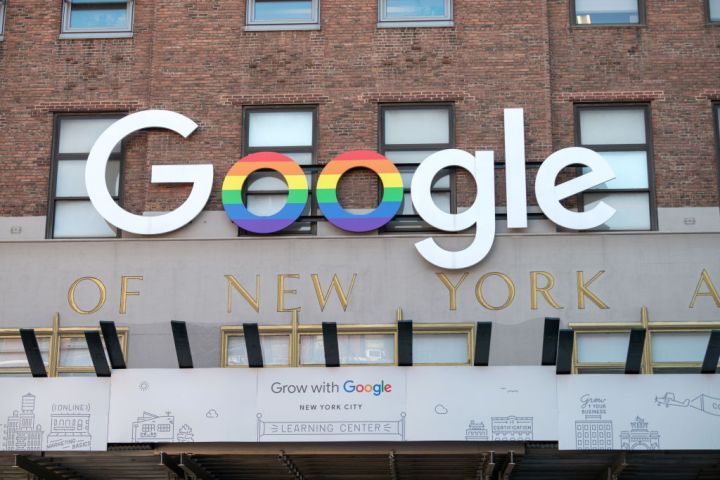
Out of the total $700 million for the settlement, $630 million will be “distributed for the benefit of consumers.” In other words, Google is paying that money directly to people who have used the Play Store.
Per the Associated Press, “eligible consumers” will get a minimum of $2 from Google. However, depending on how much money you spent on the Google Play Store from August 16, 2016, through September 30, 2023, you may be eligible for additional cash.
It’s currently unclear when those payments will start going out, but you should automatically be notified when that happens. A couple of dollars in your pocket may not be a significant amount of money, but that’s still $2 you didn’t have before.
The remaining $70 million is going to a “fund that will be used by the states,” though details on what that money will be used for aren’t mentioned.
Easier app sideloading on Android
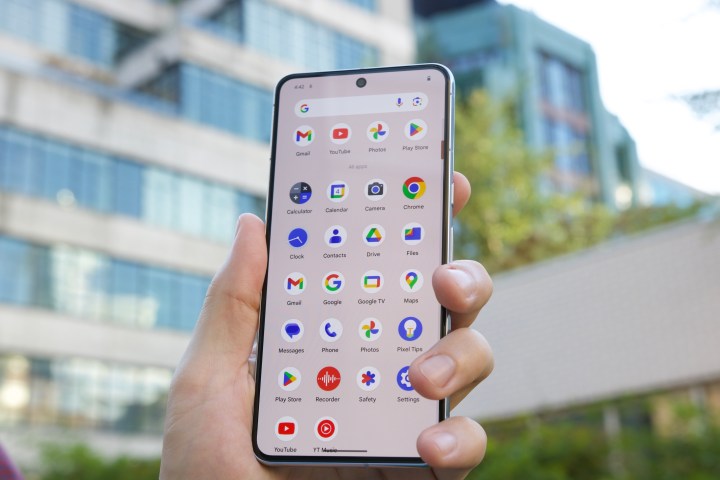
In addition to paying millions of dollars in fines, Google is also making some changes to how you download and pay for apps on Android phones — including establishing an easier process for sideloading apps you get outside of the Play Store.
The specifics of this new sideloading process are still pretty murky. Google simply says it “will be further simplifying the sideloading process and updating the language that informs users about these potential risks of downloading apps directly from the web for the first time.”
Other Play Store changes
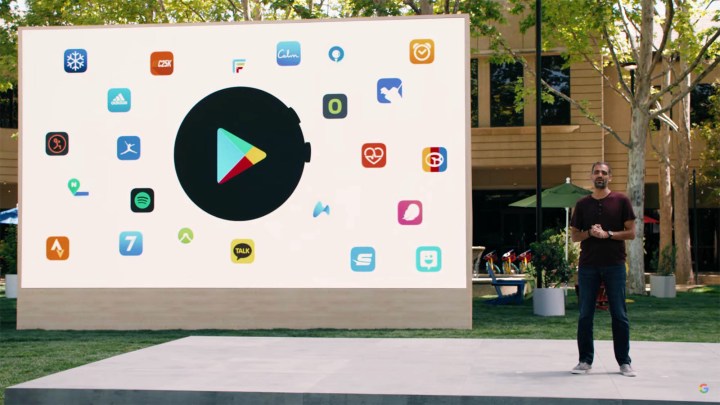
Other changes are coming to the Google Play Store as well. Android has already allowed manufacturers to preinstall alternative app stores beyond the Play Store, but as part of this settlement, Google will make it even clearer to companies that they can “continue to provide users with options out of the box to use Play or another app store.”
Google is also changing how the Play Store handles billing. Last November, Google launched a pilot program in the U.S. that allowed app developers to offer their own in-app payment options as alternatives to the Play Store’s default system. This will now expand further throughout the U.S. Additionally, “developers are also able to show different pricing options within the app when a user makes a digital purchase.”
This news comes just days after Google lost its antitrust lawsuit against Epic Games. The details of that ruling will be announced sometime in January.
Editors' Recommendations
- A new Google Pixel Tablet is coming, but it’s not what you think
- Android 15 has two hidden features you’re going to love
- Have a Google Pixel phone? You’re about to get these new features
- If you have one of these Motorola phones, you’re getting a big Android update
- Don’t update your Google Pixel phone — you might break it


